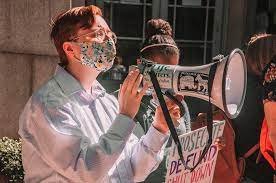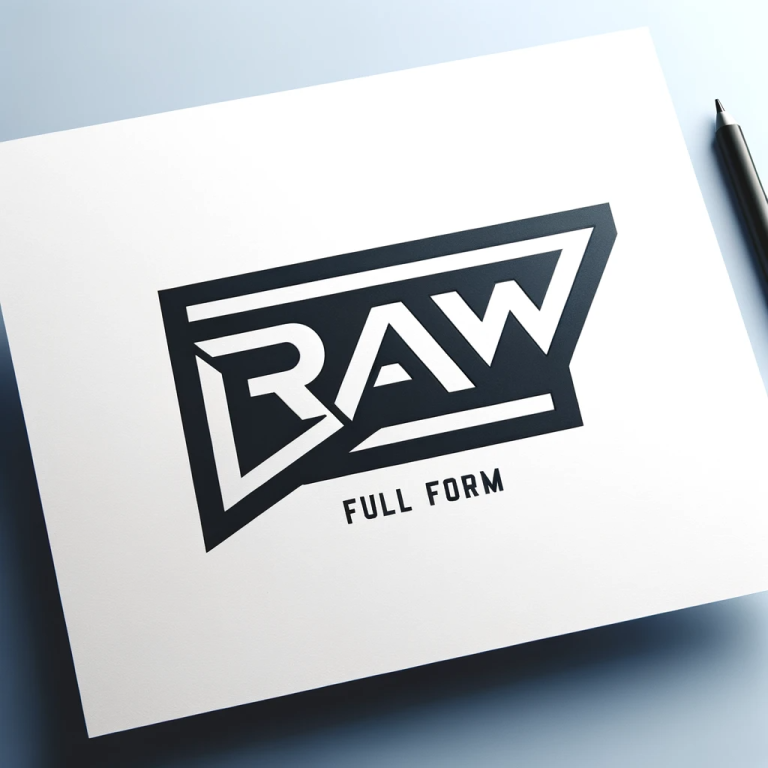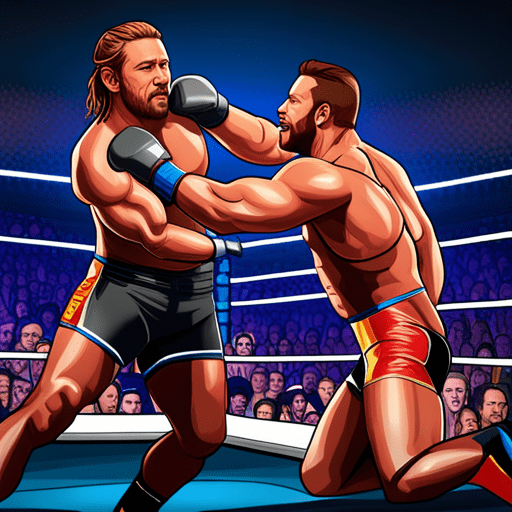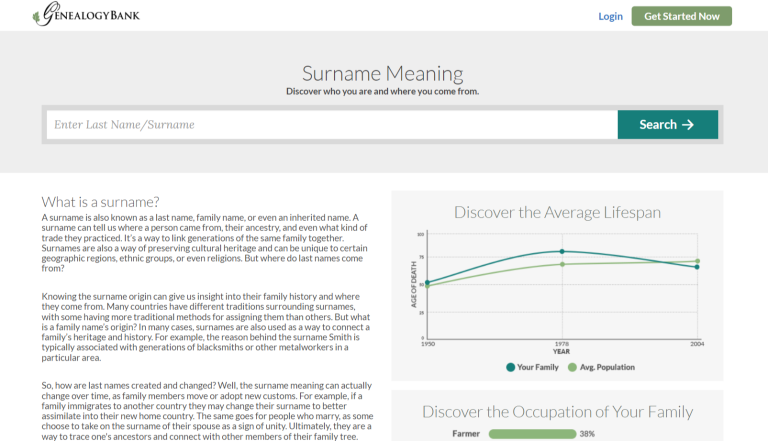MyLiberal: Uniting Voices for Progressive Change
Liberalism, as a political and moral philosophy, is centered around the ideals of liberty, equality, and democracy. It emphasizes the importance of individual rights, including freedom of speech, press, and religion, as well as the right to a fair trial and the protection of personal property. Liberals advocate for a government that not only protects these rights but also ensures a level playing field for all its citizens, often supporting social welfare programs and regulatory policies to achieve this end. The philosophy also embraces the idea of a market economy, albeit one moderated by government intervention to prevent monopolies and ensure fair competition.
Purpose and Vision of MyLiberal
The purpose of MyLiberal is to create a digital platform dedicated to promoting and exploring liberal values and ideas. It aims to foster a community where individuals can learn about liberalism, engage in thoughtful discussions, and advocate for policies that align with liberal principles. MyLiberal envisions a space where diverse voices and perspectives within the liberal spectrum are represented, contributing to a richer understanding of what it means to be liberal in the modern world. It aspires to be a resource for education, activism, and community building, empowering individuals to become informed and active participants in their democracies. Is Glock Truly the Best?
Overview of the Project’s Scope
-
Content Creation and Curation:
MyLiberal will feature a wide range of content, including articles, opinion pieces, and educational resources that cover historical and contemporary aspects of liberalism. This content will be sourced from both in-house writers and external contributors.
-
Discussion Forums and Engagement:
The platform will host forums and discussion boards to facilitate dialogue among members. These spaces will be moderated to ensure respectful and productive conversations.
-
Educational Tools and Resources:
MyLiberal will offer educational tools like webinars, podcasts, and interactive modules to help users understand liberal philosophy, its history, and its application in current political contexts.
-
Advocacy and Campaign Support:
The project will also engage in advocacy, supporting liberal causes and campaigns. This might include information on volunteering, fundraising, and participating in policy-making processes.
-
Community Events and Networking:
MyLiberal plans to organize online and, where possible, offline events for community building, including workshops, guest lectures, and networking meetups.
-
Research and Collaboration:
The platform will collaborate with academic institutions, think tanks, and liberal organizations to conduct and disseminate research relevant to liberal thought and policy.
-
Global Perspective:
While rooted in liberal values, the project will maintain a global perspective, highlighting liberal movements and challenges in different parts of the world.
Through these components, MyLiberal aims to be a comprehensive hub for those interested in or committed to liberal philosophy, providing a dynamic and interactive platform for learning, discussion, and activism.
Historical Context
Evolution of Liberal Thought
-
Classical Liberalism (17th-19th Century):
Originating in the Age of Enlightenment, classical liberalism focused on individual freedoms, limited government, and free market principles. Thinkers like John Locke and Adam Smith emphasized natural rights and economic freedom, respectively.
-
Expansion and Transformation (19th-20th Century):
In the 19th century, liberalism began incorporating concerns for social justice and broader democratic participation. The industrial revolution and social inequalities led to a shift towards what later became known as social liberalism.
-
Social Liberalism (Late 19th-20th Century):
This phase marked a departure from classical liberalism’s laissez-faire approach. Philosophers like John Stuart Mill and later figures like Franklin D. Roosevelt in the United States advocated for more government intervention in the economy and the introduction of social welfare policies to address inequality and provide a safety net.
-
Contemporary Liberalism (Late 20th Century – Present):
Today’s liberalism includes a variety of sub-movements like progressive liberalism, which emphasizes social justice and environmental concerns, and neoliberalism, which revisits some aspects of classical liberalism, advocating for free markets and limited government intervention.
Key Figures in Liberalism
-
John Locke:
Often considered the father of liberalism, he introduced ideas about natural rights and the social contract.
-
Adam Smith:
His works on free-market economics have been foundational for economic liberalism.
-
John Stuart Mill:
A prominent social liberal, Mill advocated for individual liberty and women’s rights, expanding liberal thought to include social dimensions.
-
Franklin D. Roosevelt:
His New Deal policies in the United States embodied social liberal principles, emphasizing government responsibility in ensuring economic welfare.
-
John Rawls:
A 20th-century philosopher, Rawls’ theory of justice reinvigorated liberal thought with a focus on fairness and equality in a structured society.
Liberalism in Different Cultural Contexts
-
Western Liberalism:
In Europe and North America, liberalism evolved with a strong focus on individual rights, democracy, and market economies.
-
Liberalism in Developing Countries:
In many developing countries, liberalism has often been shaped by the struggle against colonialism and the quest for national identity, leading to a version of liberalism that sometimes emphasizes collective rights and community welfare alongside individual freedoms.
-
Asian Liberalism:
In some Asian countries, liberalism has been adapted to align with local cultural and political values, often resulting in a more collective approach to social welfare and a different balance between state authority and individual freedom.
-
Liberalism in Islamic Contexts:
In Islamic societies, liberal thought has sometimes merged with religious principles, leading to debates about the balance between Islamic law and liberal values like individual rights and secular governance. King Von Autopsy
Core Principles of Liberalism
Individual Rights and Freedoms
-
Freedom of Expression and Speech:
Liberalism places a high value on the ability to speak freely, share opinions, and engage in open dialogue without fear of censorship or persecution.
-
Personal Autonomy:
This principle emphasizes the right of individuals to make decisions about their lives, including choices about their bodies, personal relationships, and lifestyles, as long as they do not infringe on the rights of others.
-
Protection of Privacy:
The right to privacy is seen as essential in a liberal society, safeguarding individuals from undue interference by the state or other entities.
-
Rule of Law and Equality before the Law:
Everyone is subject to the law, which should be applied equally and impartially, protecting individuals from arbitrary power.
Democracy and Governance
-
Representative Democracy:
Liberalism advocates for a form of governance where elected representatives make decisions on behalf of their constituents, ensuring that the government reflects the will of the people.
-
Separation of Powers:
The division of government into distinct branches (executive, legislative, judicial) is crucial to prevent the concentration of power and to provide checks and balances.
-
Civil Liberties and Political Rights:
These include the right to vote, freedom of assembly, and the right to participate in political processes, which are fundamental to a liberal democracy.
-
Transparent and Accountable Governance:
Governments should be open about their activities and held accountable by the public, ensuring that power is exercised responsibly.
Economic Policies
-
Market Economy:
Liberalism generally supports a market-based economy as the most effective means of creating wealth and allocating resources.
-
Regulation and Intervention:
While advocating for free markets, liberalism also recognizes the need for government intervention to prevent monopolies, protect consumers, and address market failures.
-
Economic Equity:
Policies that promote fair economic opportunities, reduce poverty, and mitigate extreme wealth disparities are integral to modern liberal thought.
-
Social Welfare:
Support for social safety nets to ensure that all members of society can meet basic needs like healthcare, education, and housing.
Social Justice and Inclusivity
- Equality and Anti-Discrimination:
A commitment to equality and fighting discrimination on the basis of race, gender, sexuality, religion, or disability.
-
Multiculturalism and Diversity:
Valuing and protecting diverse cultures and perspectives as a strength of a liberal society.
-
Gender Equality and LGBT Rights:
Advocating for the rights and equality of women and LGBT individuals in all aspects of society.
Environmental Stewardship
-
Sustainable Development:
Balancing economic growth with the need to protect the environment for future generations.
-
Climate Change and Environmental Policies:
Advocating for policies that address climate change and protect the environment, recognizing the global nature of these challenges.
-
Conservation and Biodiversity:
Promoting the conservation of natural resources and biodiversity as essential components of a healthy planet.
User Engagement Strategies
-
Forums and Discussion Boards:
- Moderation: Ensuring discussions remain respectful, productive, and aligned with liberal values.
- Topics: Wide range of topics to cater to diverse interests within the liberal community.
- Engagement: Regularly scheduled Q&A sessions, debates, and discussions with experts and thought leaders.
-
Interactive Educational Content:
- Modules: Offering interactive learning modules on liberal philosophy, history, and key issues.
- Gamification: Incorporating game-like elements to make learning engaging and rewarding.
- Feedback Mechanisms: Allowing users to provide feedback and suggestions for new educational content.
-
User-Generated Content and Stories:
- Submissions: Encouraging users to submit their own articles, stories, and multimedia content.
- Showcasing Diversity: Highlighting stories that represent the diverse experiences and perspectives within the liberal community.
- Recognition: Featuring outstanding user contributions on the platform and social media to encourage ongoing participation.
FAQS
1. What is MyLiberal?
- A brief description of the organization, its mission, and its core values.
2. How can I get involved with MyLiberal?
- Information on membership, volunteering, and participation in events and campaigns.
3. What are the main focuses of MyLiberal?
- A summary of key areas such as education, advocacy, community engagement, and research.
4. How does MyLiberal contribute to policy-making?
- Explanation of the organization’s role in policy analysis, discussion, and advocacy.
5. Are there opportunities for learning about liberal thought and philosophy?
- Details about educational resources and programs offered by MyLiberal.
6. How does MyLiberal engage with the community?
- Information on community events, workshops, and partnerships.
7. What resources are available for someone new to liberal philosophy?
- Guidance on introductory materials, multimedia resources, and educational events.
8. How can I stay updated with MyLiberal’s activities and campaigns?
- Information on newsletters, social media channels, and how to subscribe to updates.
9. Is MyLiberal involved in international liberal movements?
- Overview of the organization’s global engagement and cross-cultural collaborations.
10. How is MyLiberal funded and how can I contribute?
- Details on funding sources and how individuals can make donations or support financially.







